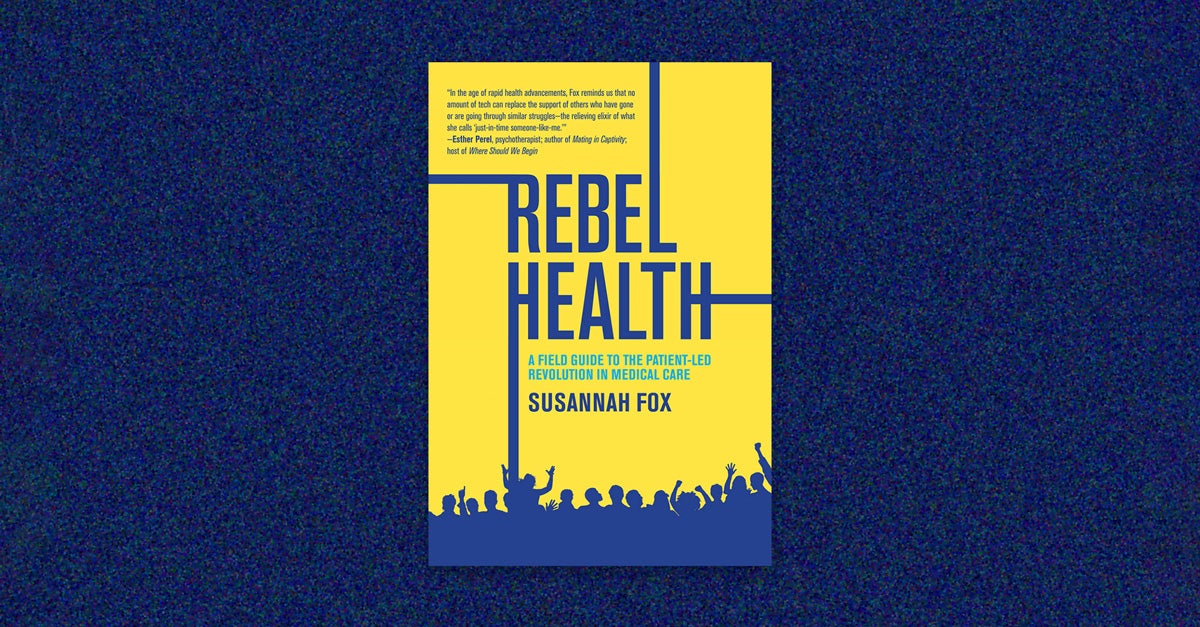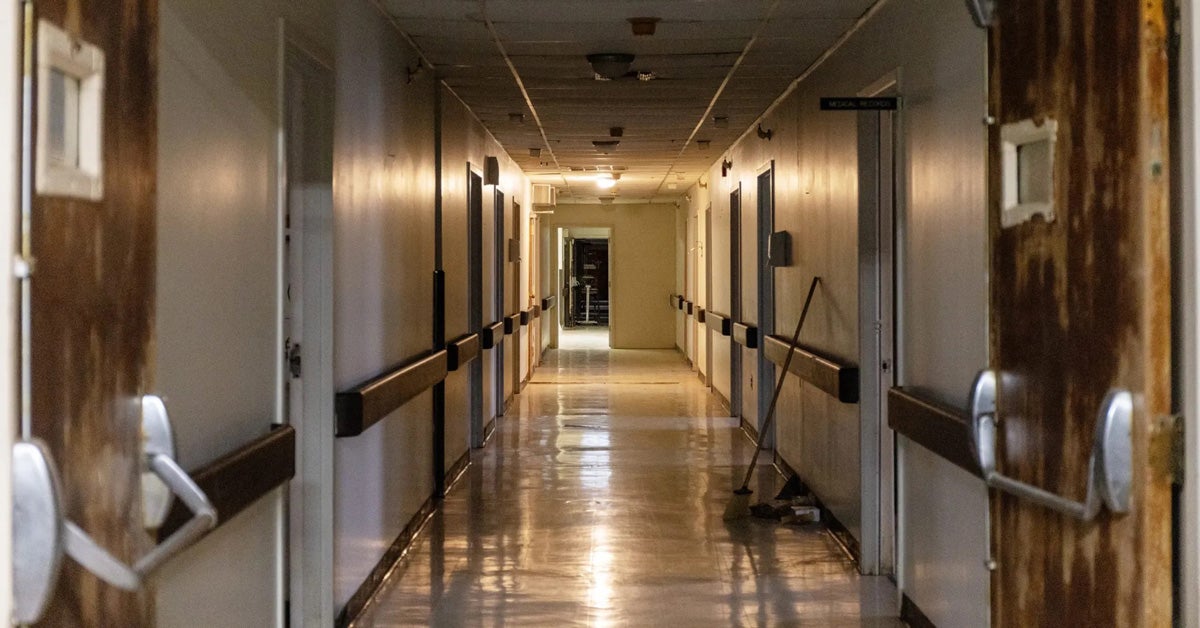Newsletter
HPH Weekly: Why clubhouses work
This edition of Harvard Public Health Weekly was sent to our subscribers on Feb. 1, 2024. If you don’t already receive the newsletter, subscribe here. To see more past newsletters, visit our archives.
Why clubhouses work
75 years ago, Fountain House launched the first “clubhouse” for people with serious mental illness. Since then, hundreds of clubhouses have been established globally. Our first Public Health in Action event looks at why the clubhouse model has stood the test of time. In a 30-minute conversation, Michael Fitzgerald, HPH editor in chief, talks to Aida Mejia, Fountain House member; Josh Seidman, one of the organization’s executives; and Francesca Pernice, a psychologist.
Watched the video? Here’s more from the Public Health in Action series.
- Read Aida Mejia’s op-ed explaining why clubhouses work
- Check out our fact sheet on the clubhouse model
Fiona Lowenstein interviews Rebel Health author Susannah Fox

Rebel Health author Susannah Fox says the old model of health care operated on a “no questions asked” basis: patients would be expected to defer to their doctors from start to finish. Now, a seismic shift has taken place in which patients are taking a much more active role in their care—and Fox argues that will make the field, and the science that drives it, stronger. As she told HPH’s Fiona Lowenstein, “You’re going to want to have health rebels on your health care team.”
HPH wins NIHCM support for a year-long series on data in health
HPH is thrilled to be a 2024 NIHCM Foundation journalism grantee! In a year-long series of articles funded by the grant, we’ll focus on how data is gathered, shared, and used to improve health outcomes—and how that can be done better, especially for underserved communities. Here’s a sample of what’s to come:
- Filling the gaps in U.S. health data | Michelle A. Williams and Gabriel Seidman
- When death doesn’t count | C. Brandon Ogbunu
A small town struggles to survive losing its only hospital

Patients’ Choice Medical Center was the only hospital in Belzoni, Mississippi. It closed in 2013, and the public health aftershocks continue to be felt in and around the small (and shrinking) town. “You can’t really convince people to move to a small town that does not have a hospital,” says Joe Jackson, the town’s mayor.
This article was originally published by Mississippi Today and Public Health Watch.
Untrained bystanders can administer drone-delivered naloxone, study shows

Drones aren’t just for Amazon deliveries. The technology could offer a surprising solution to America’s fight against opioid overdoses, according to a new study. When drones provided naloxone and a video demonstrating how to use the nasal spray to counteract an opioid overdose, bystanders were able to administer it to a mannequin (simulating an overdose victim) in just 62 seconds, on average. That’s much faster than the average response time for first responders in rural America.
This article was originally published by The Conversation.
What we’re reading this week
- How the world’s deadliest crises go unseen | Undark
- Unethical studies on Chinese minority groups are being retracted—but not fast enough, critics say | Nature
- The silent toll of gunshot injuries | The Star Tribune
- Discrimination puts trans women at higher risk for HIV | Them
- Will reducing prior authorization help or hurt Indiana’s health care system? | State Affairs
- Revolutionizing maternal care in Colombia | Think Global Health
Sign up for Harvard Public Health
Delivered to your inbox weekly.
